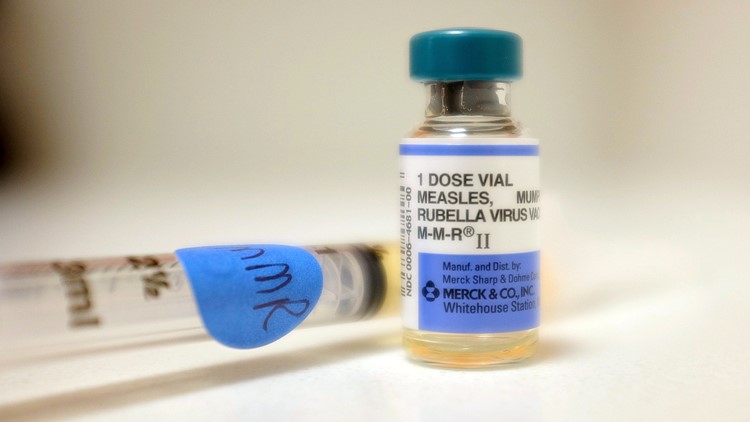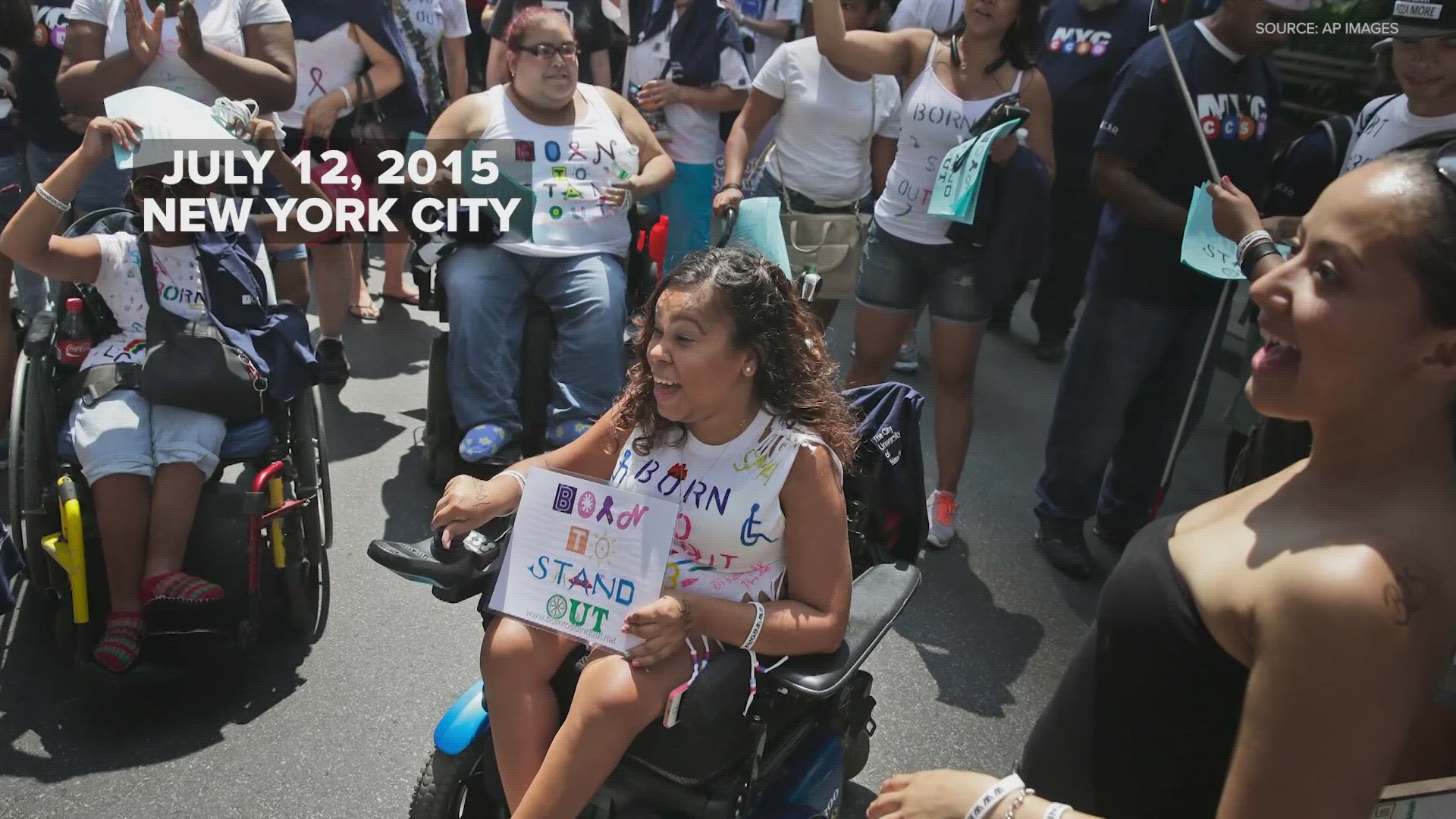GOLDEN VALLEY, Minn. - There are many parents who say they do not believe in vaccinations.
NBC Charlotte's affiliate in Minnesota, KARE 11, has seen a recent outbreak of measles in Minnesota, with more than 40 children involved. According to the Minnesota Department of Health, 45 of the 48 measles cases thus far involve children who have not been vaccinated against it. Many parents who refuse the MMR vaccine cite fears about a possible connection with autism, a position that continues to spread online and within the Somali-American community in Minneapolis, which has seen the vast majority of cases.
With this issue once again on the front burner, KARE 11 set out to Verify whether vaccinations can actually cause autism in children. Reporter Kent Erdahl found that the science is absolutely clear. The Minnesota Department of Health, The National Institutes of Health, the Center for Disease Control and the World Health Organization represent just a few of the many groups that have all concluded there is NO link between autism and vaccines.
Kent also took the matter directly to experts in the field, Autism Society of Minnesota Executive Director Jonah Weinberg, and University of Minnesota Autism researcher Jason Wolff.
"I can't really think of something that we've delved into more than this to settle it," Wolff said. "There are well over 100 studies that have shown there is no link between vaccines and autism, and they've looked at every possible side of that issue, and they've found nothing time and time again."
You can read an updated list of those studies here, courtesy of the American Academy of Pediatrics, which also asserts that there is no connection between the vaccine and autism.
So why do so many parents continue to make this connection? Wolff says it's because many first notice signs of autism around the time their kids are vaccinated, but he says the research he and his colleagues are working on show autism appears much earlier.
"We found that the brain is changing in autism, probably before six months of age, and certainly by six months of age," Wolff said. "This is well before children are receiving a lot of their vaccines so autism develops slowly over time, probably starts in utero."
Wolff says that the continued misinformation being spread by anti-vaccination groups is frustrating because it distracts from the real advancements being made into autism research. Read more about the research here.
“We’re probably going to move our understanding of autism pretty significantly," Wolff said. "How we diagnose it, how we treat it, how we understand its causes. Certainly, we’re going to move well beyond this notion that vaccines too long where it doesn’t even factor in.”
Weinberg says he understands why parents become fearful but says the Autism Society of Minnesota encourages them to set aside those fears and embrace the science, which is clear.
"Nobody wants more kids to have autism," Weinberg said. "The goal is for kids to grow up healthy with the best access to resources and preventing them from getting their vaccines is not going to do that."
VERIFY SOURCES:
Jonah Weinberg, Executive Director, Autism Society of Minnesota
Jason Wolff, Autism Researcher, University of Minnesota



